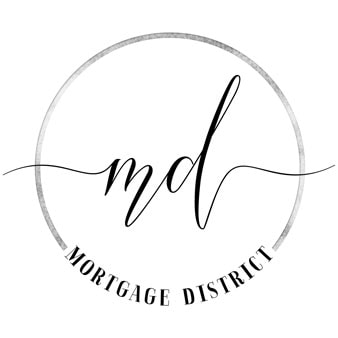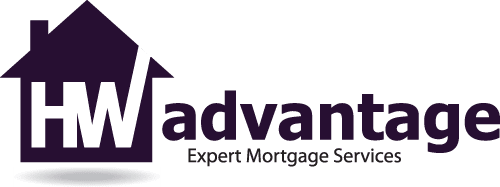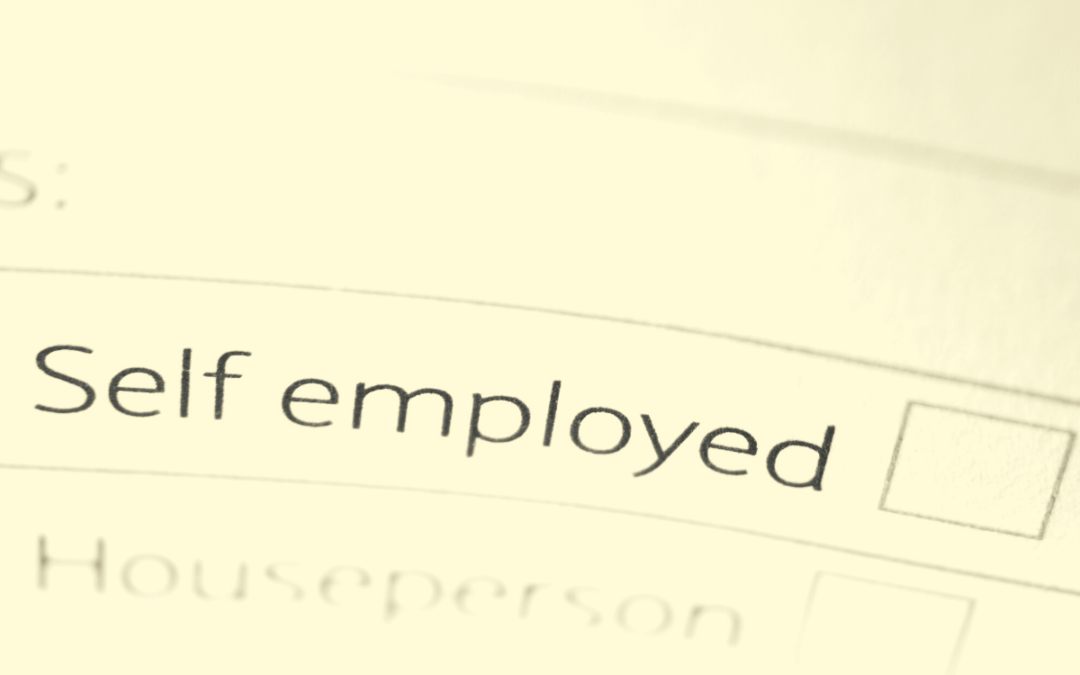Year over year we see an increase in the total number of self-employed Canadians. In 2020 it was expected that nearly 20% of the workforce would make their primary source of income from self-employment. Introduce in a global pandemic, rising unemployment, an economy in flux, “home offices” being the new norm, and that number is sure to rise. Despite how common being self-employed is it still can be incredibly difficult for those individuals to get approved for a mortgage. However, there are ways to prepare yourself and make your dream of homeownership a reality.
Verifying Your Income
One of the biggest challenges when applying for a self-employed mortgage is to adequately prove your income. There are generally two ways of qualifying income for self-employed borrowers; “Verifiable Income ” or “Stated income”. Verifiable income requires two years of income tax returns and the self-employed income (after deductions / write off’s) declared to the CRA is the income that is used to qualify. This option will provide you with the best rates and mortgage terms available. “Stated income” is when we typically use business bank statements in lieu of income tax documents to confirm an income that is reasonable for the industry. In both cases, we have to verify the business has been operating for a minimum of 2 years and that personal income taxes are paid current. Speak to your trusted mortgage broker to determine which option is best for your situation and review the pros and cons of each.
Tax Deductions Inadvertently Make It Hard
There are lots of good reasons to work for yourself, and many of them are related to your tax return. However, saving on your taxes can inadvertently make it harder for you to get a mortgage when you rely on your tax return to prove your income. Lenders want to see high income and low levels of debt. But when you work for yourself, you’ll use all appropriate business expenses you can to reduce your income for tax purposes. Unfortunately, this common tax strategy is not properly accepted by most Canadian Banks when it comes to qualifying for a mortgage.
Keep Your Credit in Good Shape
Keep your credit score in good standing. Pay your bills on time and make an effort to keep from maxing out credit lines for long durations. This is always good advice when looking for a mortgage, as this is one of the easiest factors for lenders to consider. If you’re self-employed and have strong credit it shows lenders that you are financially organized and responsible. On the flip side, poor credit often is seen as a reflection of how you likely run your business and may lead to a declined application.
Consider Alternative Lenders
Credit unions, non-bank lenders and private lenders are not required to use the mortgage stress test (though some voluntarily do) that the big banks are required to use. They also have underwriting practices that are more suitable for self-employed borrowers using tax strategies discussed above. Typically these options come with higher interest rates but are often preferred to not being able to take advantage of personal tax deductions you would in order to qualify with conventional lenders.
Work With a Mortgage Broker
A mortgage broker can help match you up with a lender who is more willing to consider applications for self-employed people and offer the best rates for a self-employed mortgage. A broker can also help you determine what documentation you need, and give advice on how to get through the process successfully.
Contact HW Advantage if you are self-employed and looking for a mortgage. Call 905-541-6961 or submit the form below if you are looking for the lowest mortgage rates and best terms in the Oakville and Burlington area.


